Congo DRC to produce Low cost, climate-friendly battery materials.
Participants during the COP27 Minerals side event Sharm El-Sheikh, Egypt: With the world adopting cleaner energy transitions, ambitious efforts to accelerate plans for low-cost and low-emissions lithium-ion battery cathode precursor materials in the Democratic Republic of Congo (DRC) and Zambia are nearing reality, with a feasibility study outcome expected in five months. While addressing the…
Read More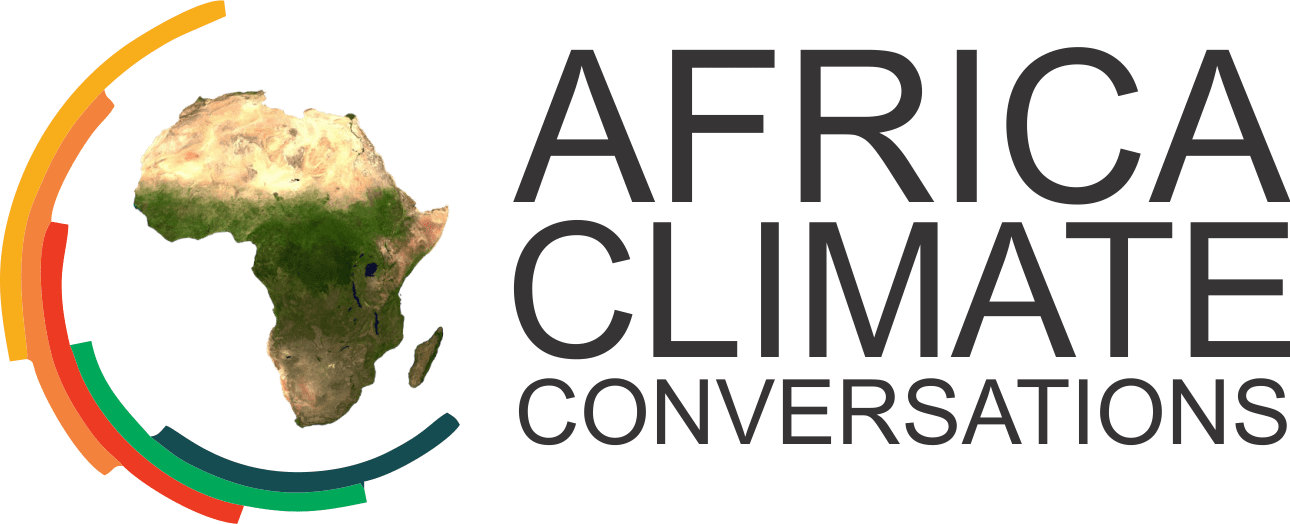


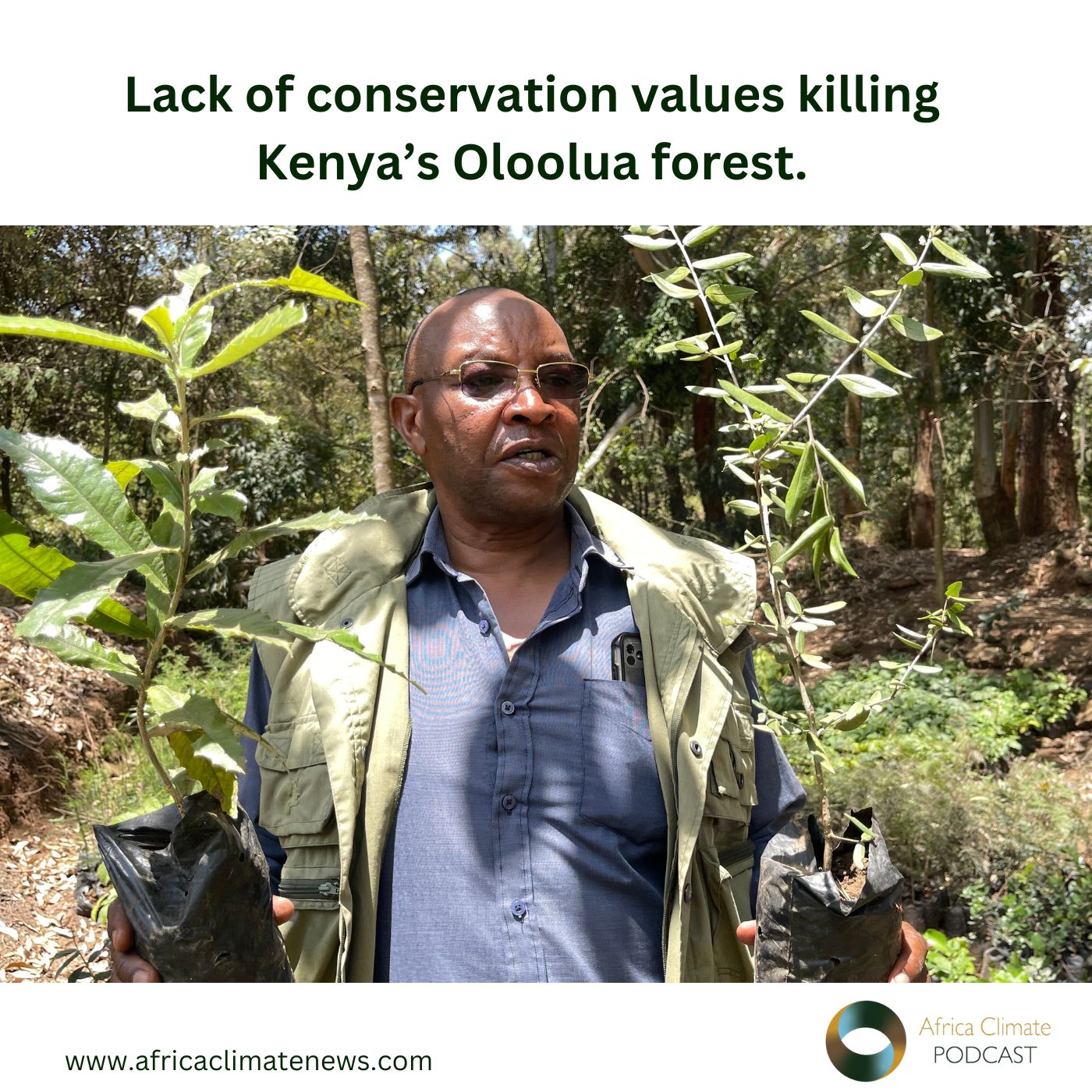


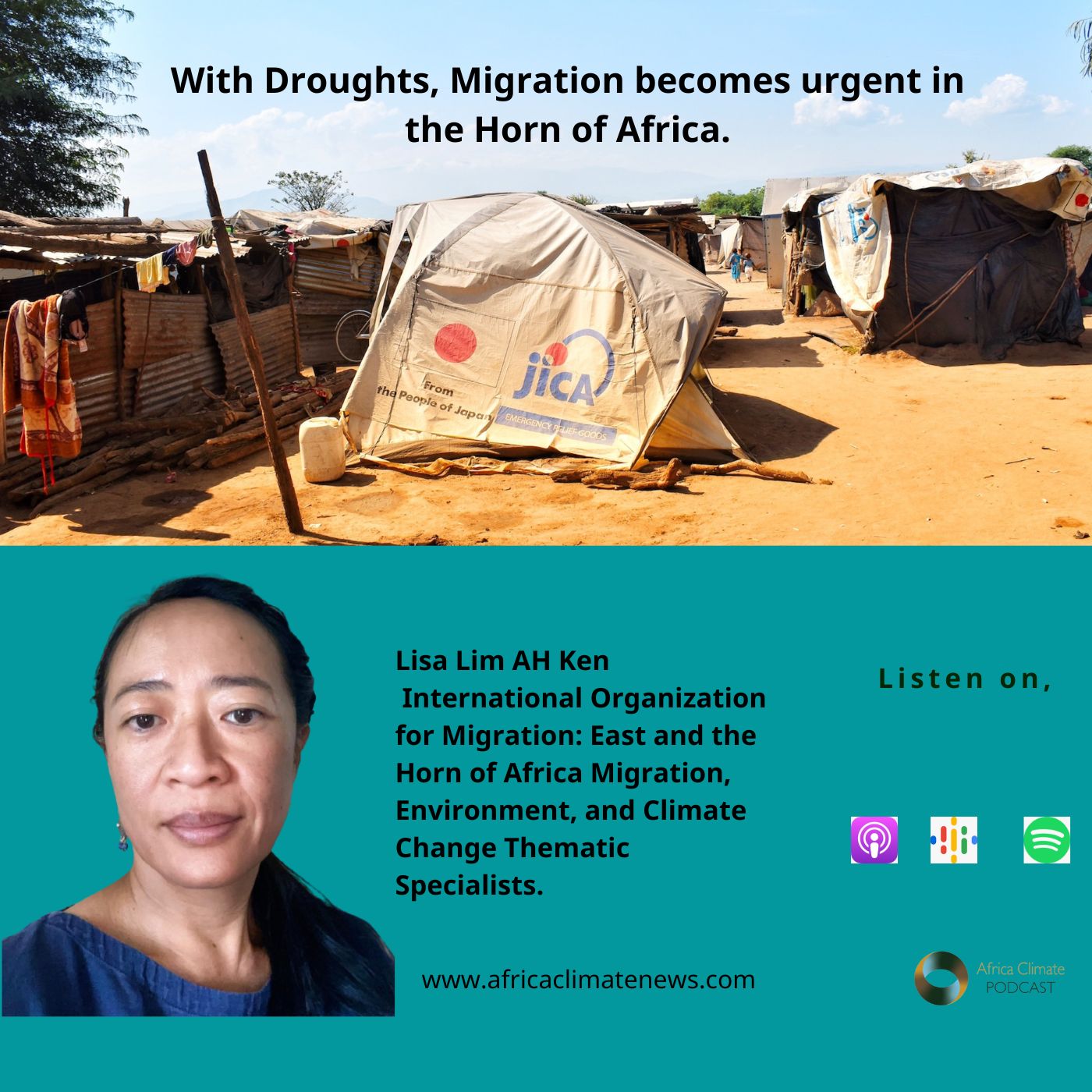
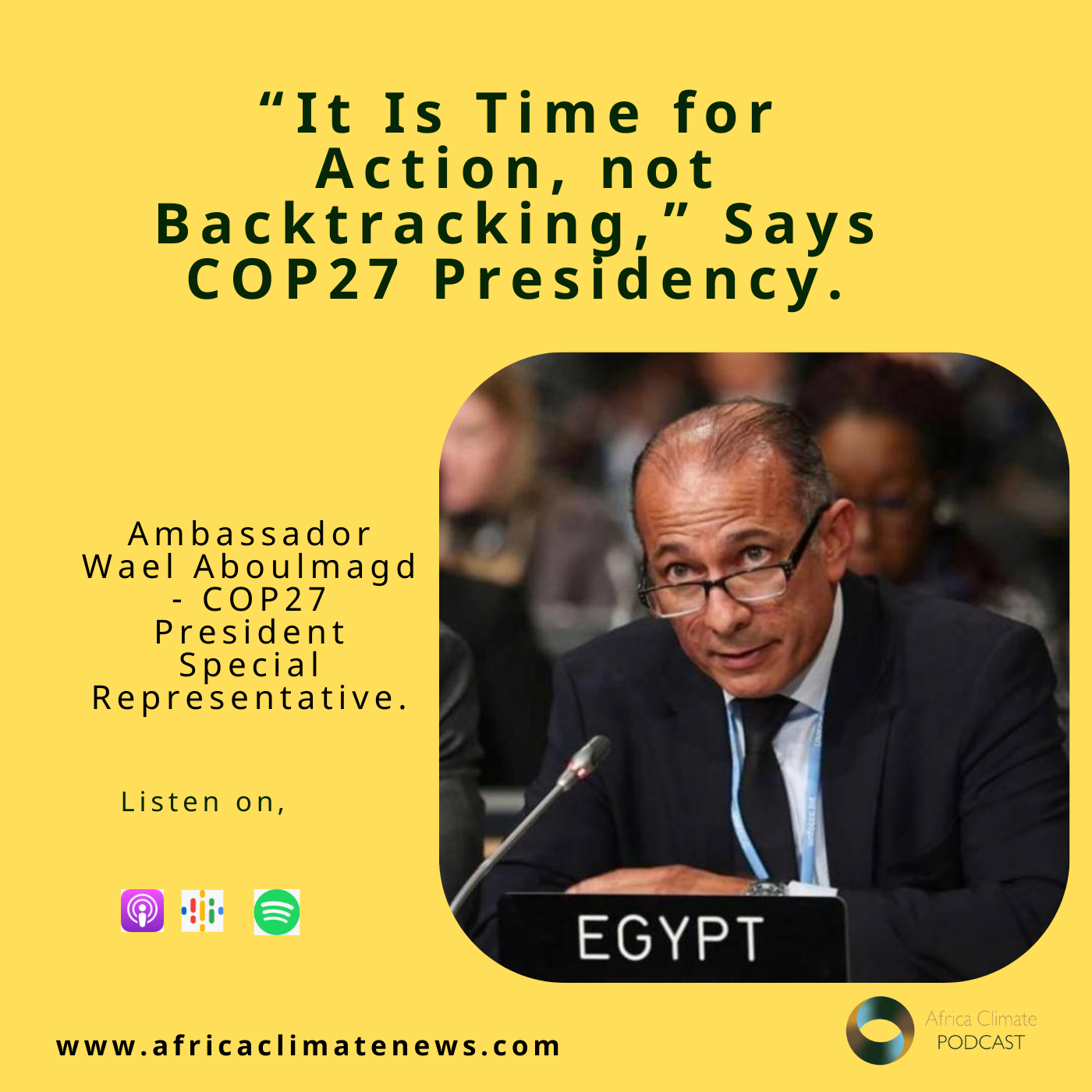

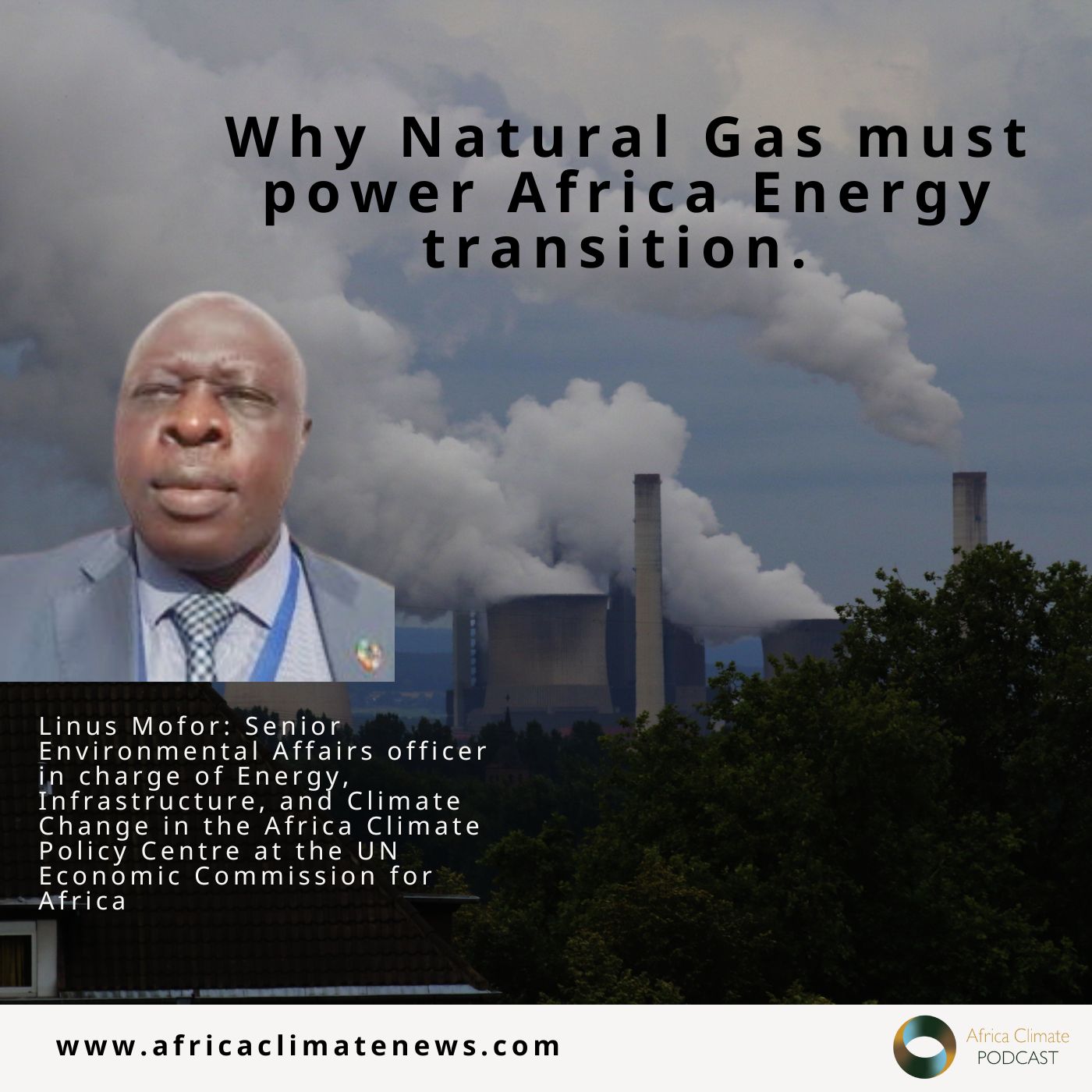

Recent Comments